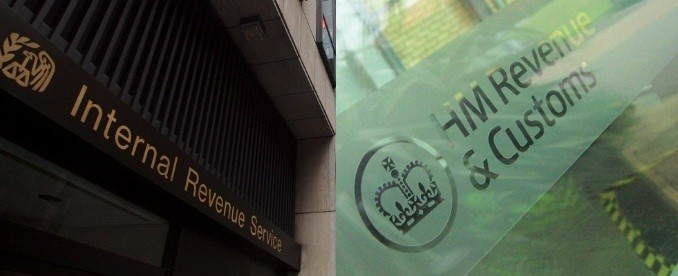The Fight Against Tax Evasion: Data Management is Key

Government officials are getting tough on tax evasion and the financial industry is witnessing a rise in the number of information-sharing schemes that are being introduced on a global scale.
Just last week, British territories overseas announced that they have entered into an agreement with Britain and European countries to automatically exchange information about UK account holdings.
This latest announcement follows on from a similar 'automatic information exchange' set up between the UK, Channel Islands and Isle of Man.
Earlier this year, HMRC issued formal guidance that it hopes will encourage those with money saved in offshore bank accounts in the Channel Islands and the Isle of Man to declare their gains.
If investors don't take advantage of the amnesty that started at the beginning of April, the penalties will be severe when a full exchange of bank details begins in 2015.
A Global Focus
The UK is not the only country to be driving the fight against tax evasion.
For example, those who have savings in Switzerland could find the value of their deposits reduced by up to 41% when the tax authorities impose a withholding tax on British savers who haven't fully disclosed their investments and paid whatever tax is due.
In addition, the final Foreign Account Tax Compliance Act regulations pioneered by US authorities mean that from January 2014, banks, funds, trust companies and charities will be required to report on all US-sourced payments that a financial institution receives on behalf of itself or its clients.
This includes dividends and interest paid by US corporations including proceeds from the sale of relevant US assets.
Those organisations that fail to comply will be subject to a 30% withholding tax.
As officials look for new ways to rebuild trust in the financial services industry, we anticipate that there will be more focus on introducing global standards that boost transparency and help crack-down on illicit finance.
Firms should also remember that information-sharing agreements are becoming more common and it is likely that new inter-governmental agreements (IGAs) will be agreed in the near future.
What does all this mean?
The rise of information-sharing schemes is going to have large repercussions for the majority of financial services firms.
New regulations and the growing volume of reciprocal agreements will affect a vast number of people - holding various products - from cash, to savings accounts, investments, bonds and more.
Without a doubt, some of the funds being held overseas have been placed there deliberately to keep them out of the reach of tax authorities.
However, there are many other people out there who may have inadvertently been landed with an offshore account, either because they were born or lived abroad or maybe because they have inherited money being held there.
Firms will therefore need to evaluate and analyse all of these different case scenarios and records very carefully in order to identify which funds are likely to come under scrutiny, as well as the resulting tax implications.
The challenge for those countries entering into reciprocal agreements, will be evaluating various process, case scenarios and customer records to gain a single view of customers - one that provides an accurate view of existing bank accounts and how they are being used.
With more IGAs likely to emerge in the near future, firms need to get on the front-foot now and make serious modifications to their internal systems and control frameworks to ensure that they are able to meet the reporting requirements of other arrangements as they continue to emerge.
Jim Muir is a financial regulation expert and director of financial services data reconciliation firm AutoRek .
© Copyright IBTimes 2025. All rights reserved.





















